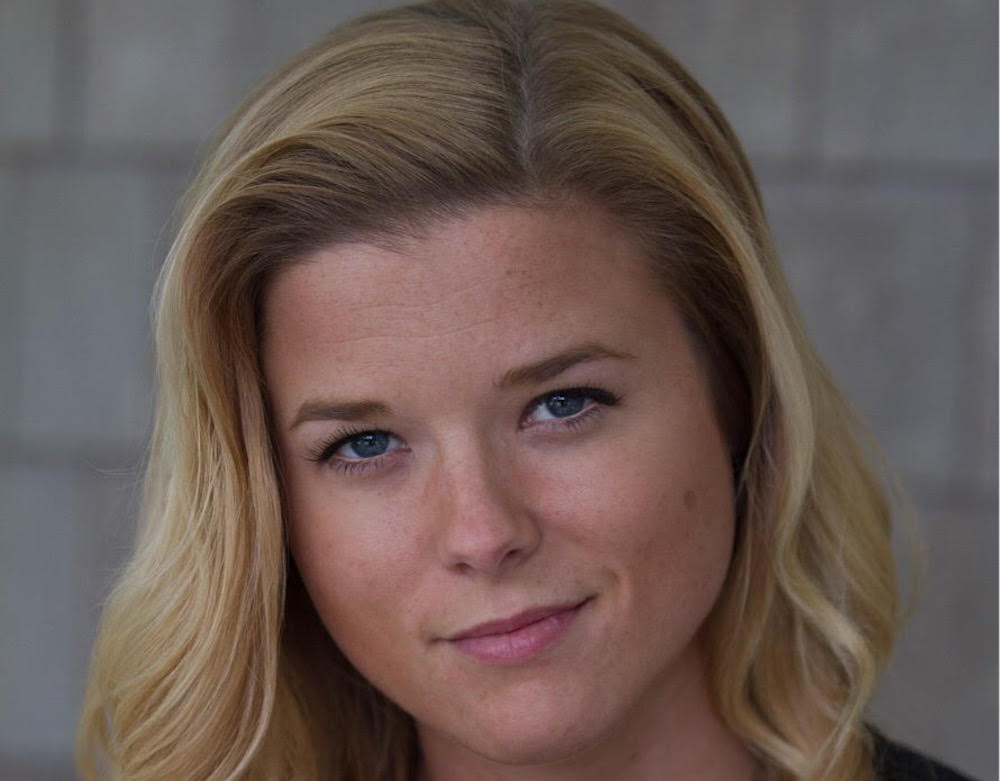Genevieve Sly Crane is a graduate of the University of Massachusetts and Stony Brook Southampton, where she received her M.F.A. She teaches in the creative writing and literature B.F.A. program at Stony Brook. Sorority (Scout, 2018) is her first publication.
*
An excerpt from Sorority:
Even as children, I knew that I loved Shannon enough to fail myself. I loved her liar’s chin, tilted downward with the sharpness of a spade when she spoke. I loved her tiny, fluid fingers that stole gum and Tic Tacs so easily when cashiers rummaged under the counter. And I feared that seed deep within that I could see in her pupils if I disappointed her, if I showed her my own unease.
I see it so perfectly in our photographs now: we were little girls, with potbellies under bathing suits and eyes we hadn’t grown into yet, but my apprehension was there, wavering in my face, undulating with the heat waves behind us on the beach.
She scared me.
She ate raw cookie dough.
She let Corey Welsch touch between her legs the summer before fifth grade. She stole tampons out of her mother’s bathroom cabinet, and together we poured water on them until they bloomed into swollen white petals under the backyard hose, then threw them on the windshield of her next-door neighbor’s car.
She picked up the dead seagull on the beach, its wingspan sagging, and held it at arm’s length, her mouth shut against the horseflies, while she plucked the best feathers and stuck them in her hair.
—I’m a Wampanoag princess.
—You’re going to get a disease, I said.
And she took a feather out of her hair and licked the quill, her eyes on me the whole time, her ten-year-old knees jutting at me, her tongue dragging over the point till I turned away.
—Come and get me, bird flu.
She put the feather in my hair, and I shook it out in the walk back up the beach to my mother’s towel, but even when I lay in bed that night, I could feel it. The prickle or the curse, I wasn’t sure.
When we were eleven, my mother heard her say fuck.
I wasn’t permitted to see her again until I turned twelve. I saw her anyway. We lived half a mile apart from one another, a three-and-a-half-minute scurry if panic propelled me. Late on clear summer nights I would run to her house, the hedges lining our town quivering in the breeze, my eyes averted from the cemetery and its glowing headstones in the moonlight. When I reached the light of her driveway I would stop, hands on my knees, wheezing out my run, so that when I saw her she wouldn’t know that I had been hurrying, that I had been afraid.
from The Paris Review https://ift.tt/33Jpet2

Comments
Post a Comment